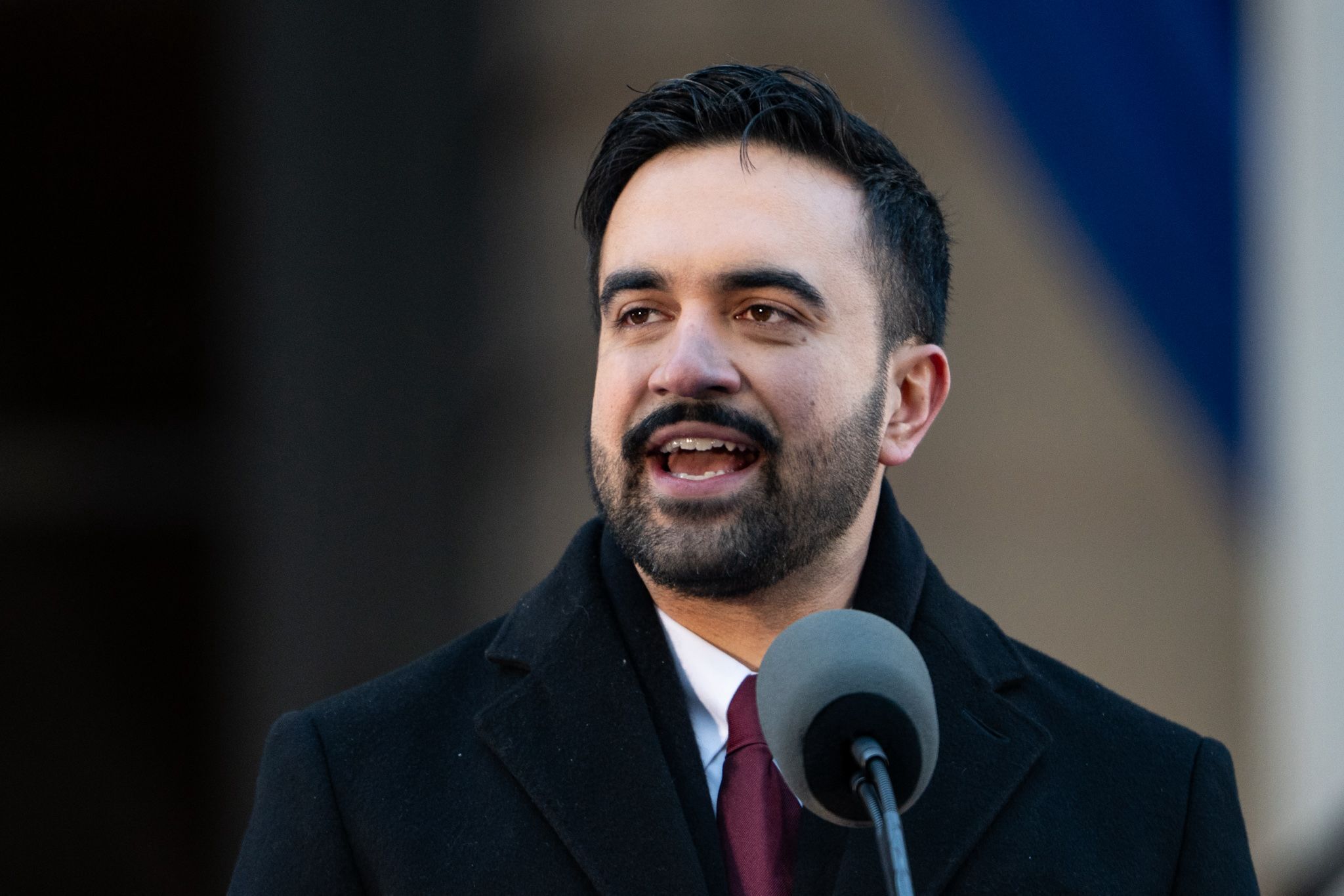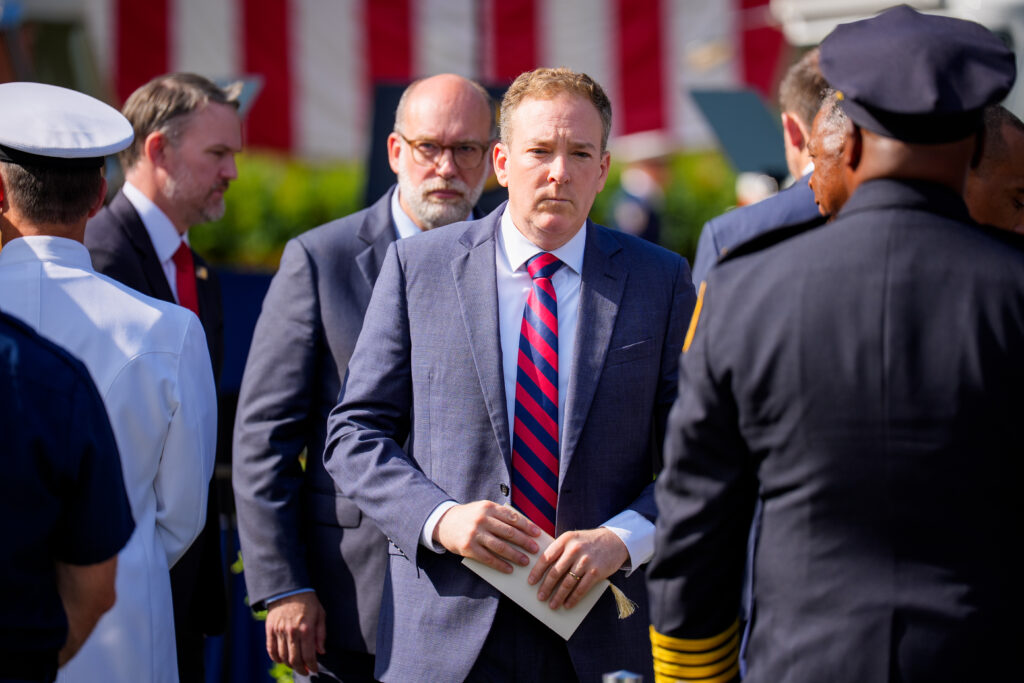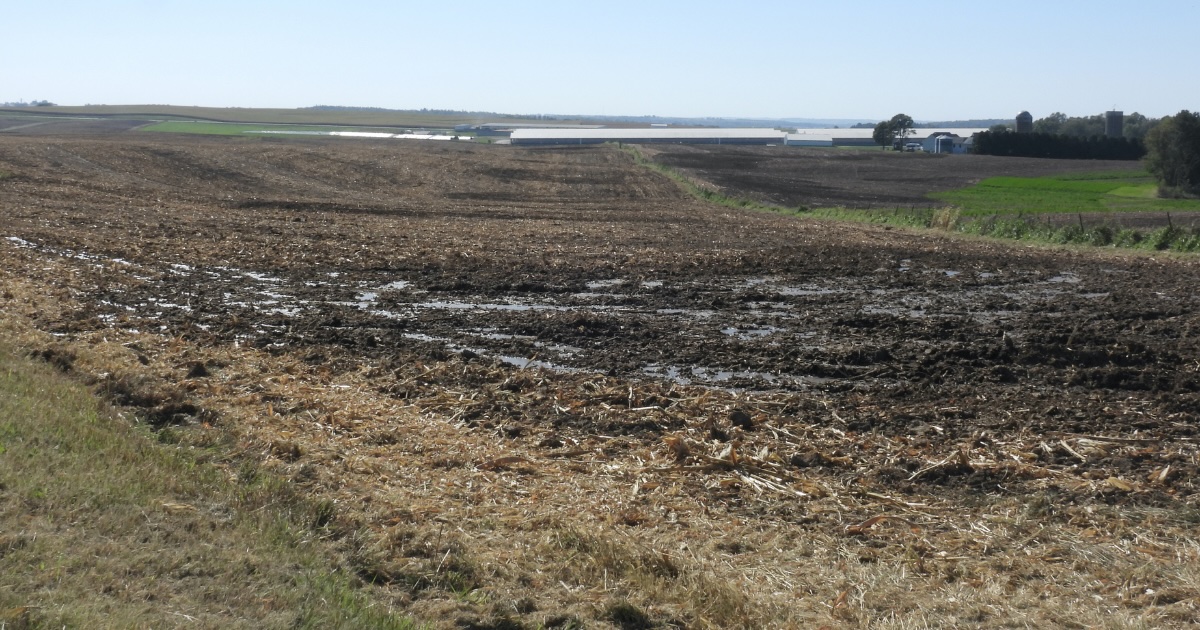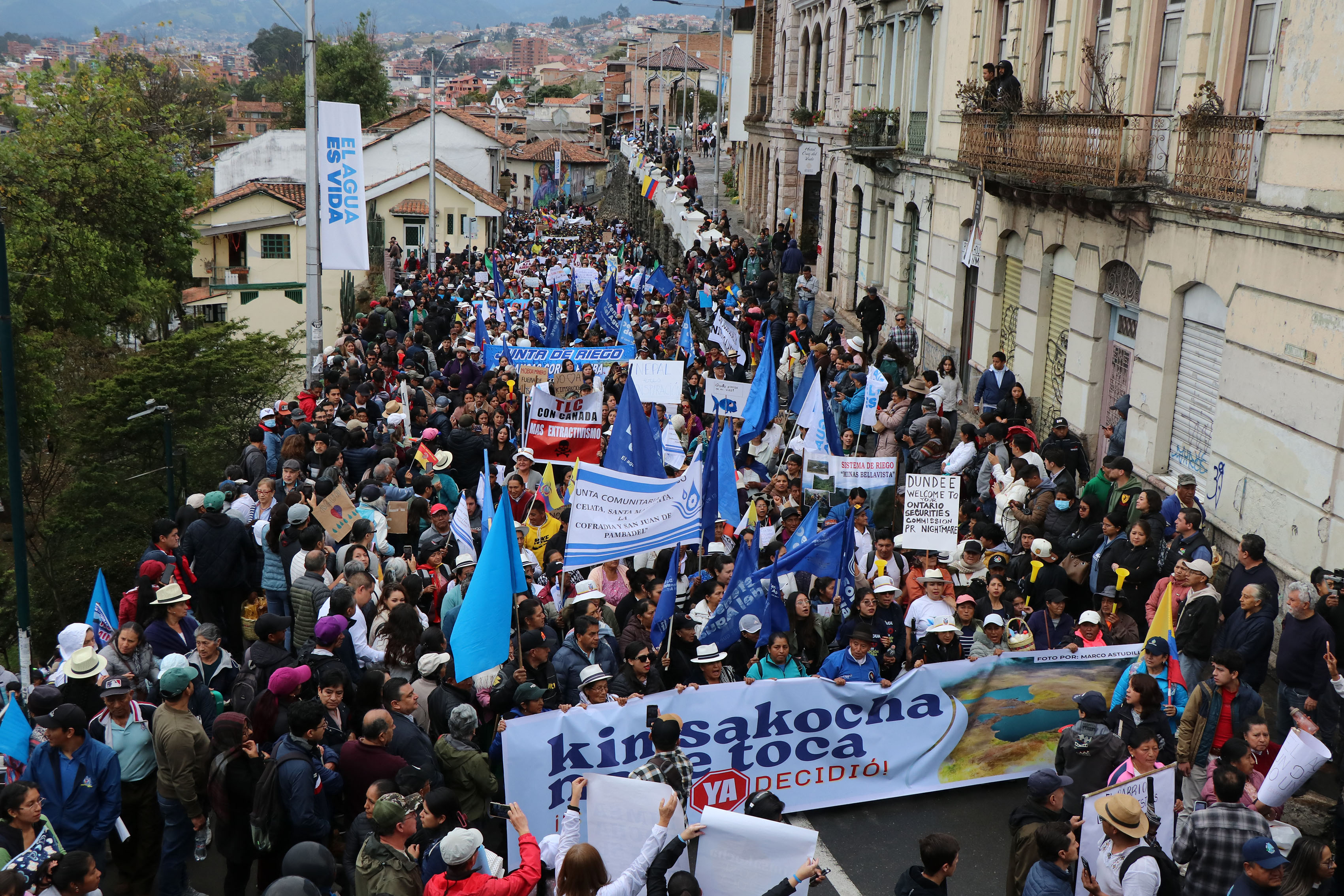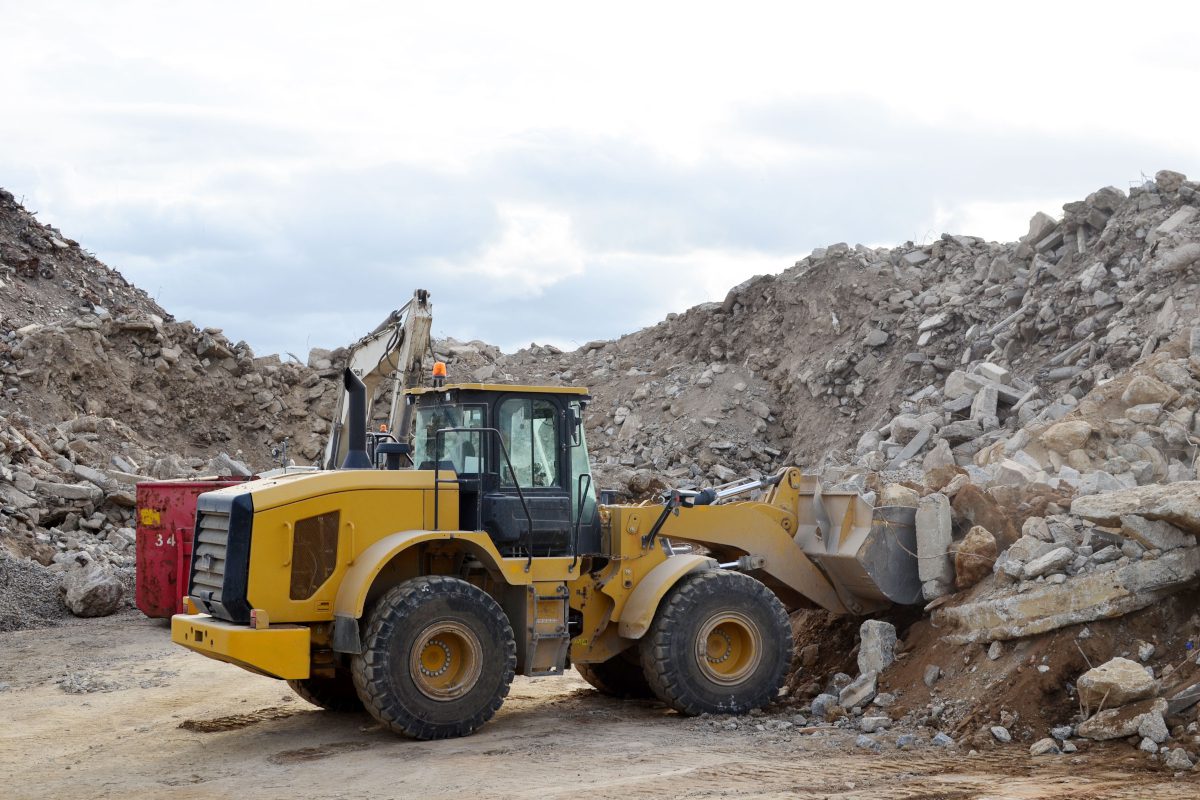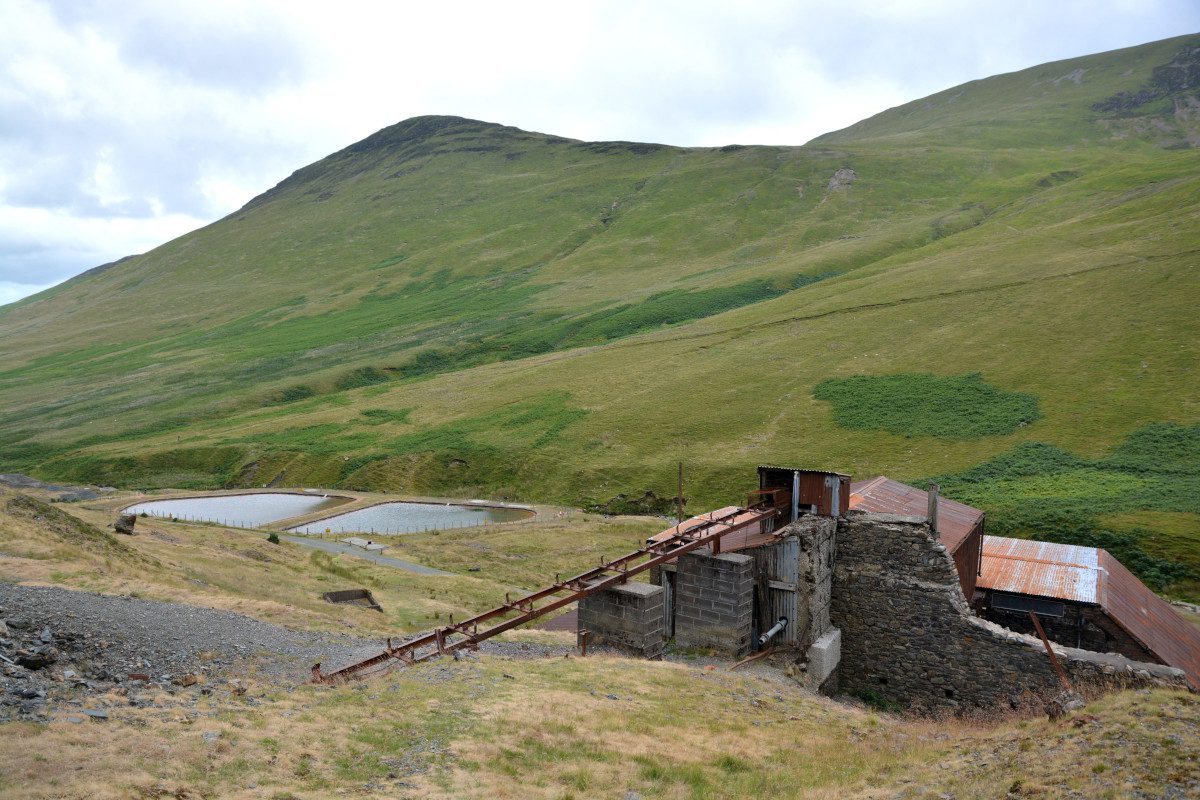VIENNA, Austria—The global science community promised late last Friday that it would rally around American researchers and rise to meet a well-documented wave of anti-science propaganda and disinformation that’s swamping global media and misguiding decision-making around topics like global warming, plastic pollution, agriculture and pandemics.
Leaders of the largest Earth science organizations in the U.S. and Europe voiced those concerns at a “Great Debate” event during the European Geosciences Union (EGU25) annual conference, which was attended by 18,000 scientists from more than 130 countries. The session was added in response to recent political shifts, including the U.S. election, organizers said.
“Generally, in the geosciences, when we have a late breaking Great Debate, it’s because there has been a disaster somewhere, like an earthquake or a tsunami,” EGU president Peter van der Beek said, opening the session. “I think we can say that we are also organizing this great debate because of a disaster going on, in this case the suppression of science.”
He said suppression of science anywhere in the world “is a tragedy that affects us all.” But, “when drastic action is taken by a nation that was previously a source of leadership and resources for many pioneer research programs, that loss resonates worldwide,” he added.
Efforts to resist the many well-known and potentially illegal cuts to science programs, and to aid affected researchers in the U.S., are already underway, several subsequent panelists said. That starts with community solidarity, personal and emotional support, and potentially even financial help, like a 500 million euro package of incentives to draw American scientists to Europe, as reported by France 24. “If you love freedom, come and do research here,” French President Emanuel Macron said at a press conference in Paris Monday announcing the incentives.
The bustling EGU conference in Austria included a strong showing by more than 800 American scientists who presented cutting-edge research in dozens of panels on how human-caused warming is melting the planet’s ice and damaging the oceans, atmosphere, forests and fields. A leading NASA researcher discussed new findings on space pollution, overwhelmingly from U.S. rocket launches, and the former lead U.S. scientist in the International Thwaites Glacier Collaboration presented recent findings from that program.

In the U.S., the American Geophysical Union is part of a lawsuit challenging the legality of several of the Trump administration’s proposed staffing cuts at many different federal science programs. The AGU has also teamed up with the American Meteorological Society to publish an independent version of a national climate assessment, which the Trump administration has hobbled by firing all of the scientists working on it, despite a congressional mandate for the production of the report.
Another group of academic institutions recently allied to support continued U.S. participation in the Intergovernmental Panel on Climate Change, the United Nations body that publishes reports to inform global climate policy, after the administration pulled out of the 2015 Paris Agreement spearheaded by the IPCC and prevented federal scientists from attending the organization’s latest meeting.
Traumatized Scientists in the U.S.
Along with institutional resistance, it’s also time for self-help and community building, said Helen Amanda Fricker, a geophysics professor at the University of California San Diego, who spoke live via Zoom to the standing-room only crowd in Vienna.
She said it might be hard for international colleagues to understand just how overwhelming the situation for many scientists in the U.S. is right now.
“Everybody is feeling incredibly stressed,” she said, emphasizing that she was speaking for herself, and not representing any institution. “It’s just coming at us from all sides. Obviously, we all read the news, and all of you can probably see a lot of what’s happening, but it’s a very different perspective here from Europe. We’re surrounded by it all the time, and we’re getting letters from our administrations about what we can and can’t do in terms of our grants and what might be happening.”
“All their travel cards were set back to a $1 limit, and that doesn’t take you very far.”
— Christopher Bailey, Geological Society of America
Even though many American scientists expected drastic changes after the election, she said the speed at which the hits are coming has been painful.
“I don’t think anyone’s expected it to roll out quite so dramatically,” she said. “It has been really shocking. People are walking around just utterly, utterly stressed out, and they just don’t know what to do next. My hope is that you know the community is strong. I think we need to use our overseas established, strong networks to help us get through this period.”
She encouraged scientists to reach out to each other.
“If you haven’t heard from a colleague in the U.S. recently, since January 20, and you’re wondering how they’re doing, send them a message,” she said. “Ask them, because they might not be doing OK … Think about the people that are actually affected by these policies, and think of ways to work with them around that. That would be really helpful at this moment.”
Representing the 18,000-member Geological Society of America, panelist Christopher “Chuck” Bailey said he saw an immediate impact of recent federal government staff and program cuts at one of his organization’s regional spring meetings, which was not attended by U.S. Geological Survey scientists whose participation would have been common in previous years.
“All their travel cards were set back to a $1 limit, and that doesn’t take you very far,” he said.
This story is funded by readers like you.
Our nonprofit newsroom provides award-winning climate coverage free of charge and advertising. We rely on donations from readers like you to keep going. Please donate now to support our work.
Donate Now
Bailey said that his presentation to the Geological Society lacked data that his USGS colleagues would normally have provided.
“I have worries about how we’re going to make society and institutions like education function, because there’s going to be that sort of fallout from this,” he said.
Bailey has a daughter who recently graduated from college and is teaching in Spain. She’s been accepted into graduate school at an American university to study science, but isn’t sure she wants to return to the U.S. “That, to me, as a parent, is completely frightening,” he said.
More Political Engagement
“What weighs on my mind with the future is not just how early career scientists are affected,” said Brandon Jones, president of the American Geophysical Union, “but all the lives that will be impacted because of the decisions that are being made at the political level as it pertains to science and input of science and decision making.”
Jones noted his organization is supporting lawsuits challenging the mass firings in federal science agencies.
“The courts are starting to get really mobilized, but there are ups and downs,” he said. “It takes time for courts to respond to some of these things, and the pace and the scale at which we are facing this onslaught is out of sync with how the courts operate.”
Fundamentally strengthening democracy is another key aspect of ensuring that decision-making at all governmental levels remains science-based, he said, adding that science advocacy at the local level can be especially effective.
“We’re also mobilizing our membership, and we have templates and toolkits and trainings for them to become a bit more politically active, locally and congressionally,” he said. “We’re taking our message to elected representatives.”
Critically for the U.S., he added, the AGU has partnered with the American Meteorological Society to maintain important climate research. The two organizations will create a special collection for climate science studies related to the federal government’s national climate assessment, which faces an uncertain future despite its congressional mandate.
“We’re stepping in to ensure that science continues, certainly around this important topic of climate,” he said, “and making sure that the enterprise can be bolstered and remains as strong as necessary.”
About This Story
Perhaps you noticed: This story, like all the news we publish, is free to read. That’s because Inside Climate News is a 501c3 nonprofit organization. We do not charge a subscription fee, lock our news behind a paywall, or clutter our website with ads. We make our news on climate and the environment freely available to you and anyone who wants it.
That’s not all. We also share our news for free with scores of other media organizations around the country. Many of them can’t afford to do environmental journalism of their own. We’ve built bureaus from coast to coast to report local stories, collaborate with local newsrooms and co-publish articles so that this vital work is shared as widely as possible.
Two of us launched ICN in 2007. Six years later we earned a Pulitzer Prize for National Reporting, and now we run the oldest and largest dedicated climate newsroom in the nation. We tell the story in all its complexity. We hold polluters accountable. We expose environmental injustice. We debunk misinformation. We scrutinize solutions and inspire action.
Donations from readers like you fund every aspect of what we do. If you don’t already, will you support our ongoing work, our reporting on the biggest crisis facing our planet, and help us reach even more readers in more places?
Please take a moment to make a tax-deductible donation. Every one of them makes a difference.
Thank you,






